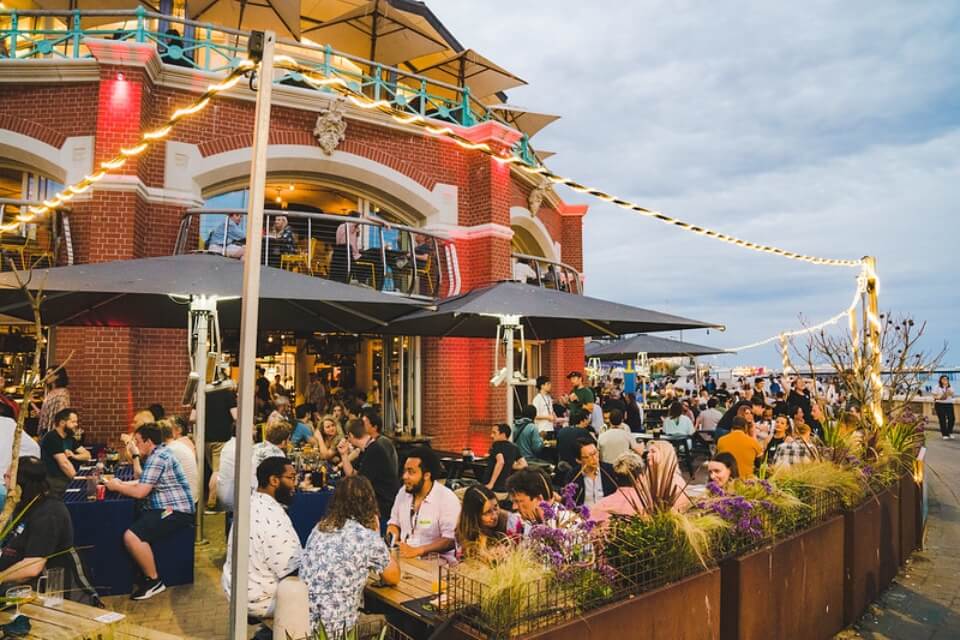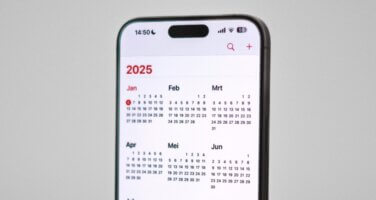Written by Emma Brassington (Women In Games Ambassador, Emma Brassington Coaching).
Based on the Organising Inclusive Informal Events in the Games Industry, Best Practice Guide by Dr. Anna Ozimek and Carolina Rueda.
Funded by the Screen Industries Growth Network (SIGN).

SIMPLE STEPS TO MAKE YOUR GAMES EVENT MORE INCLUSIVE
If you’re involved in organising events you probably already have a billion and one things on your task list just to get the event delivered. This often means that when you’re trying to make sure that the attendees get the most out of the event, the simplest and easiest thing to do is consider the ‘average’ attendee and ensure that you are doing your best to deliver an event that suits their needs.
But addressing the ‘average’ doesn’t help with diversity. In the UK games industry, this will mean that the event is most likely to suit the needs of a white male in their 30s – and that the events that get organised are more welcoming to the people who are already in the industry.
Why is this an issue?
One of the main routes to securing a career in the games industry is through your network, and attending industry-focused events are one of the best ways to build that network and showcase your portfolio. When these events are organised to attract and welcome the typical people who work in the industry, we attract more of the same.
It can feel more challenging to attend an event designed to fit someone else’s needs. If you are a woman, or in a minority group, not only might you stand out as being ‘different’, but things also don’t tend to work as smoothly. You might end up asking for things that don’t exist (e.g. a lift to reach a first-floor event when you struggle with stairs), and run the risk of being seen as difficult or awkward when it’s simply the case that nobody has thought through the challenges you face when attending.
The challenge for organisers:
As an event organiser myself, I know how overwhelming it can be to deliver all the logistics of a good event. Trying to anticipate all the possible needs of the different groups attending adds even more to the to-do list. While I start out with good intentions, as the event gets closer I run out of time and things get (unintentionally) forgotten.
There are so many times when I’ve wished I had a list of the basic things that could make a difference, and have easy access to some templates as a starting point.
Making a start: research-based best-practice for organising inclusive events
Anna Ozimek and Caroline Rueda, researchers at the University of York, funded by the Screen Industries Growth Network, created a set of best practice recommendations for events organisers, which was published by UKIE in Jan 2022.
They interviewed 22 event organisers across the games industry who had a reputation for addressing the needs of minority groups in their events, analysed reports and articles, and created a report, along with a summary of best-practice guidelines. But while the research brings in-depth insight into things that event organisers could do, as an event organiser under pressure, it can feel overwhelming and difficult to know where to start.
Having contributed to this report as well as my direct experience as an event organiser, I saw the value in creating a shorter set of ‘getting started’ guidelines which would provide an event organiser with some initial steps for ensuring that their event was more inclusive, along with some initial templates.
Creating practical guidelines to help event organisers get started
I wanted to make sure that the recommendations were practical and easy to implement by a range of different event organisers, and that they didn’t assume any knowledge about the level of diversity of the events. So, with funding from the Screen Industries Growth Network I worked with four games events across Yorkshire over 6-12 months, observing their events and then providing consultancy and support to help them apply, and where possible evaluate the recommendations in the best-practice report.
This allowed me to identify the recommendations that the organisers commonly adopted and which made a difference to the feel of the event. This was summarised in the set of ‘getting started’ guidelines, which also contains links to templates for useful resources such as a code of conduct and pronouns stickers.
One of the things that became clear while working with the event organisers was that in order for them to adopt a particular approach, it was important that they understood why it was being recommended, and get an idea of the minority group(s) it could help, so this is included in the guidelines.
For example, many smaller, informal events may not use name badges as attendees start to become familiar with each other, especially over many events. However, as a new person joining it can take time (several events) to remember everyone’s name, so providing stickers, a pen and encouraging people to create a name tag when they arrive is an easy way to make them feel more comfortable.
While supporting all new members, this can specifically help those with neurodiversity (there is a strong link between neurodiversity and face-blindness (where you don’t recognise people’s faces)) and those from different ethnic backgrounds (by helping attendees remember names which are more difficult to pronounce.
Getting the guidelines out there:
I’m keen that these guidelines reach as many event organisers as possible and help us make steps towards increasing the inclusivity of events in the industry, leading to a more diverse games industry. You can download the guidelines here.
As partners in the original research on best-practice, Ukie published the initial reports from the research, and have remained strong supporters of this work, acting as a fifth case-study by adopting recommendation as part of their inclusive #RaiseTheGame Festival Of Food Evening alongside Develop:Brighton 2023. So it made complete sense to work with Ukie, #RaiseTheGame and Empower Up to share the outcome from this work, and use this as a platform to share these resources and case studies.
Over the next few months we will be sharing a series of case studies on the Empower Up blogs to help you understand how these guidelines can be applied to different types of events, including:
- A large 250+ person networking / game demo event (GaMaYo) (link to case study and interview)
- An informal after-work pub meet-up (Leeds Games Toast)
- A weekend breakfast meet-up including networking and workshops (Games Experiences Made In Sheffield)
- Networking events run alongside large events and conferences targeting minority groups to help them meet and connect (IDA Network)
- A large networking event running alongside a major games industry conference, specifically set up to be inclusive and move focus away from alcohol (#RaiseTheGame Festival of Food Evening) (link to case study and interview)

About Emma Brassington: Emma Brassington is a leadership coach and trainer, working predominantly with women in the tech and games industries to build their confidence and resilience to speak out authentically about their ideas and share their perspectives. She is a Women In Games Ambassador and set up and ran the £18m Digital Creativity Labs research centre, aimed at connecting academia with the games and media industries. She regularly organises a wide range of events including game jams and hackathons, which led to many cross-organisational collaborative projects. She offers coaching, training and facilitation to organisations and individuals, and is always happy to talk about speaking opportunities.



